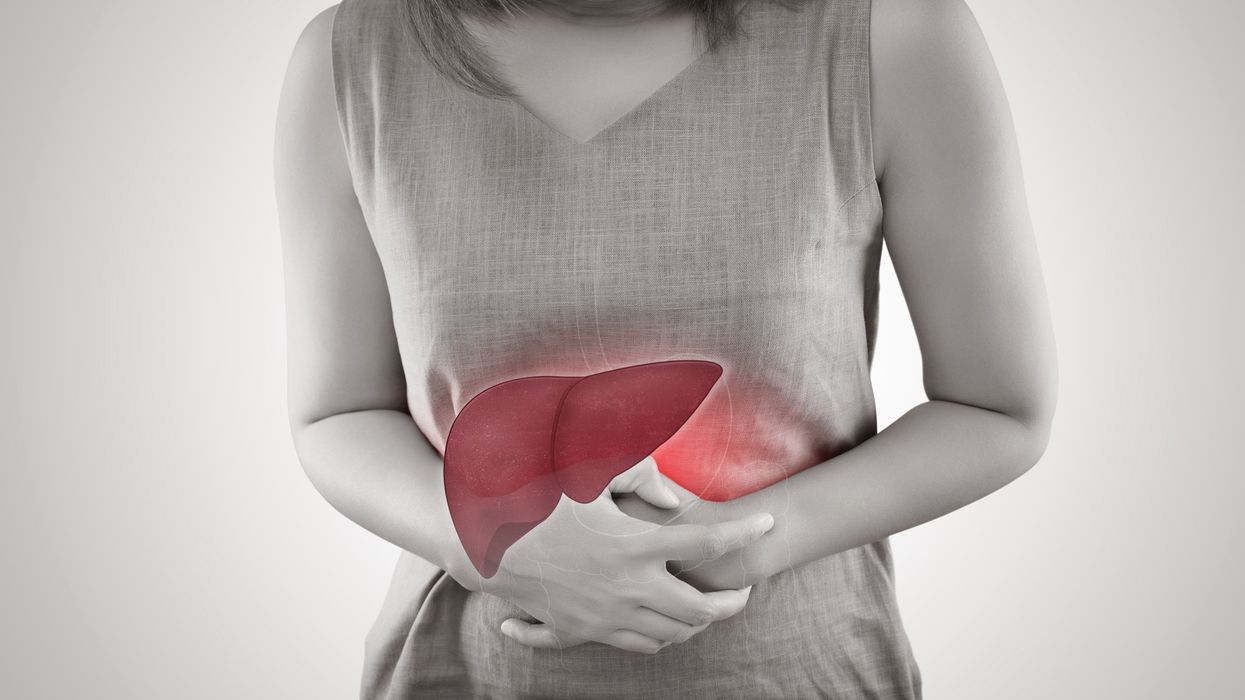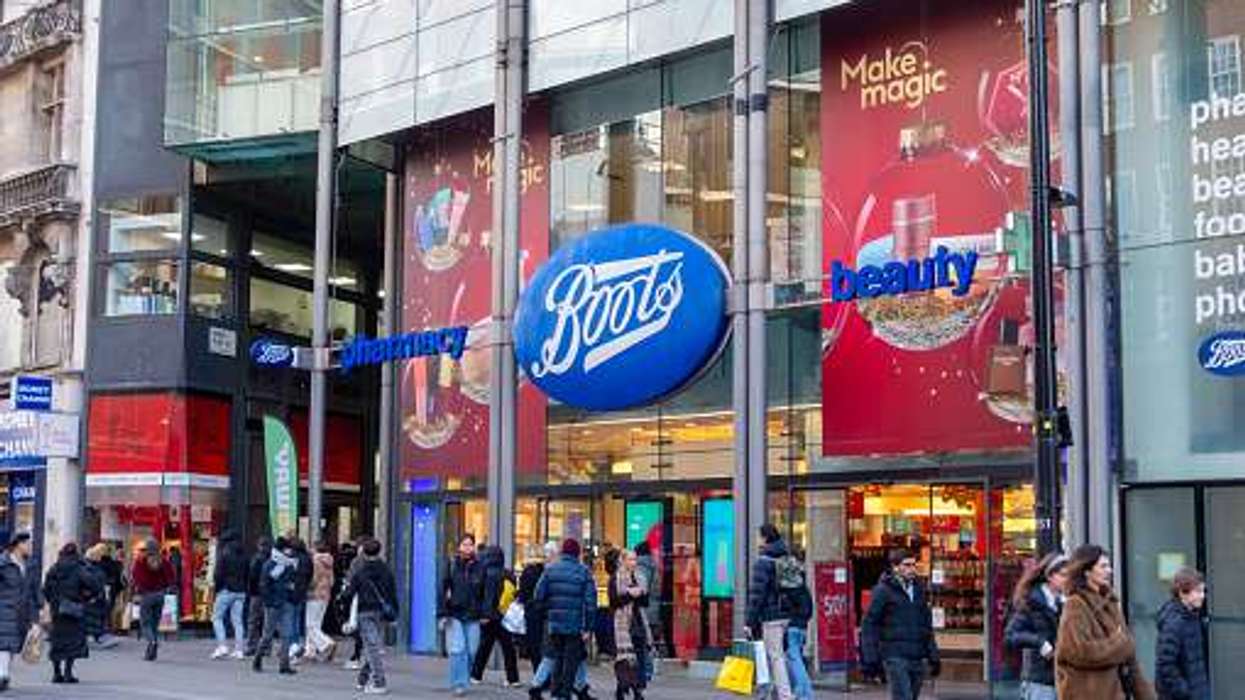Key Summary
- The Lancet Commission says three in five liver cancer cases could be prevented by reducing obesity and alcohol consumption, and the hepatitis vaccine
- The number of deaths due to liver cancer is projected to grow from 760,000 in 2022 to 1.37 million in 2050
- Liver cancers due to fatty liver disease and alcohol consumption are on the rise
The Lancet Commission on liver cancer found that three in five cases globally could be prevented by reducing obesity and alcohol consumption and increasing uptake of the hepatitis vaccine.
Liver cancer is the sixth most common cancer worldwide with around 870,000 cases in 2022, and the third leading cause of cancer death.
The number of deaths is projected to grow from 760,000 in 2022 to 1.37 million in 2050.
The leading cause of liver cancer is viral infections, including the hepatitis B and C viruses, and increasing the vaccination cover among the population can help.
However, the proportion of liver cancer cases linked to hepatitis B is expected to decrease from 39 percent in 2022 to 37 percent in 2050, while hepatitis C-related cases are projected to drop from 29 percent to 26 percent.
One of the fastest-growing causes of liver cancer globally is fatty liver disease, and increasing rates of obesity are expected to make people more vulnerable.
One-third of the global population is estimated to have metabolic dysfunction-associated steatotic liver disease ( hepatitis B) or non-alcoholic fatty liver disease.
It leads to a fat build-up in a person’s liver. It can be prevented by eating a balanced diet, being physically active and potentially losing weight.
Nearly a third of people with MASLD go on to develop the more severe form, metabolic dysfunction-associated steatohepatitis (MASH), which can lead to liver cancer.
The commission said the proportion of liver cancer cases associated with MASH was projected to increase from 8 percent in 2022 to 11 percent in 2050.
The second fastest growing cause is alcohol, with associated liver cases projected to increase from 19 percent in 2022 to 21 percent in 2050.
The commission has recommended that governments should boost HBV vaccination and implement universal screening for adults.
It has also called for minimum alcohol unit pricing and sugar taxes along with warning labels; invest in early detection of liver damage and cancer; and improve palliative care for sufferers.












